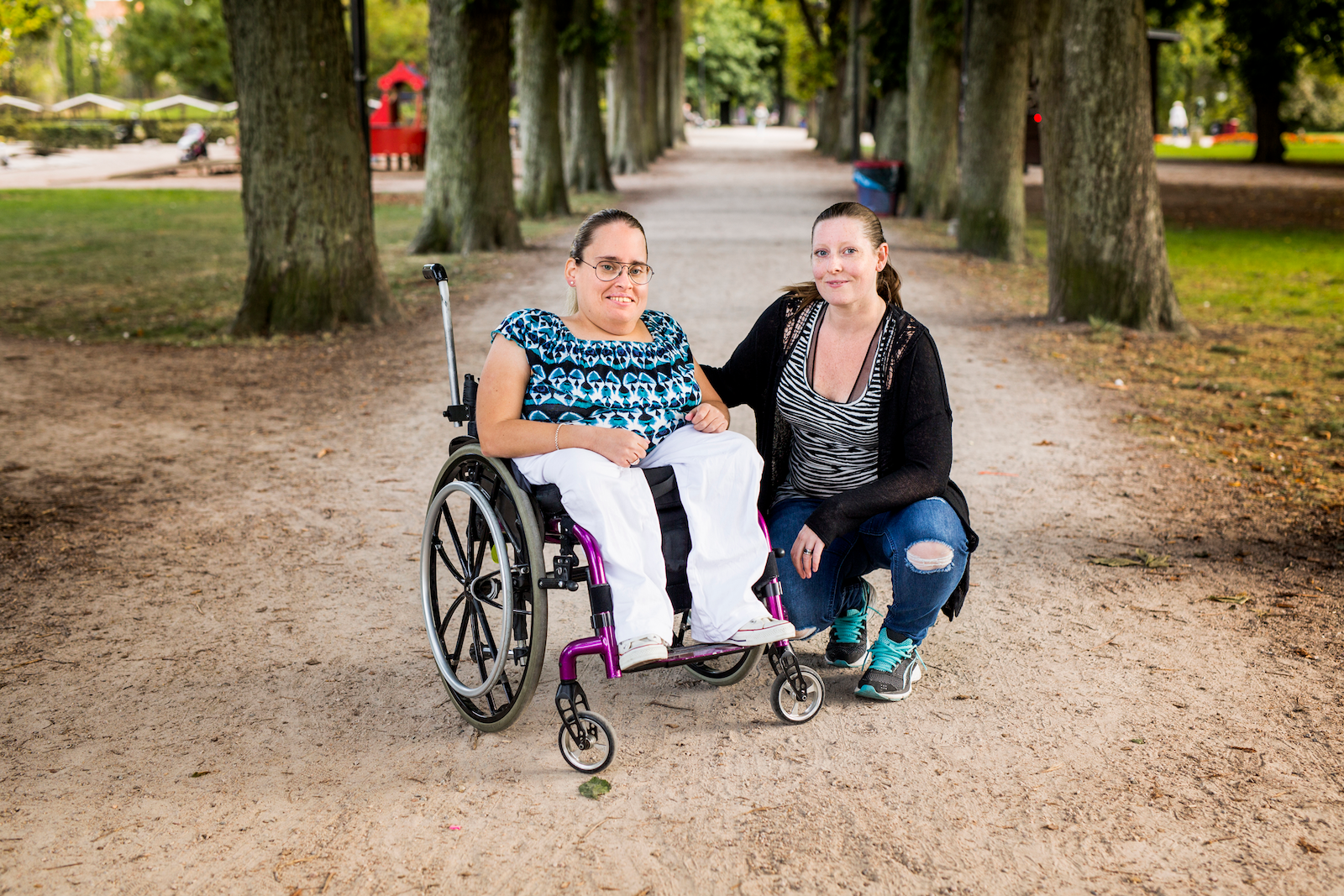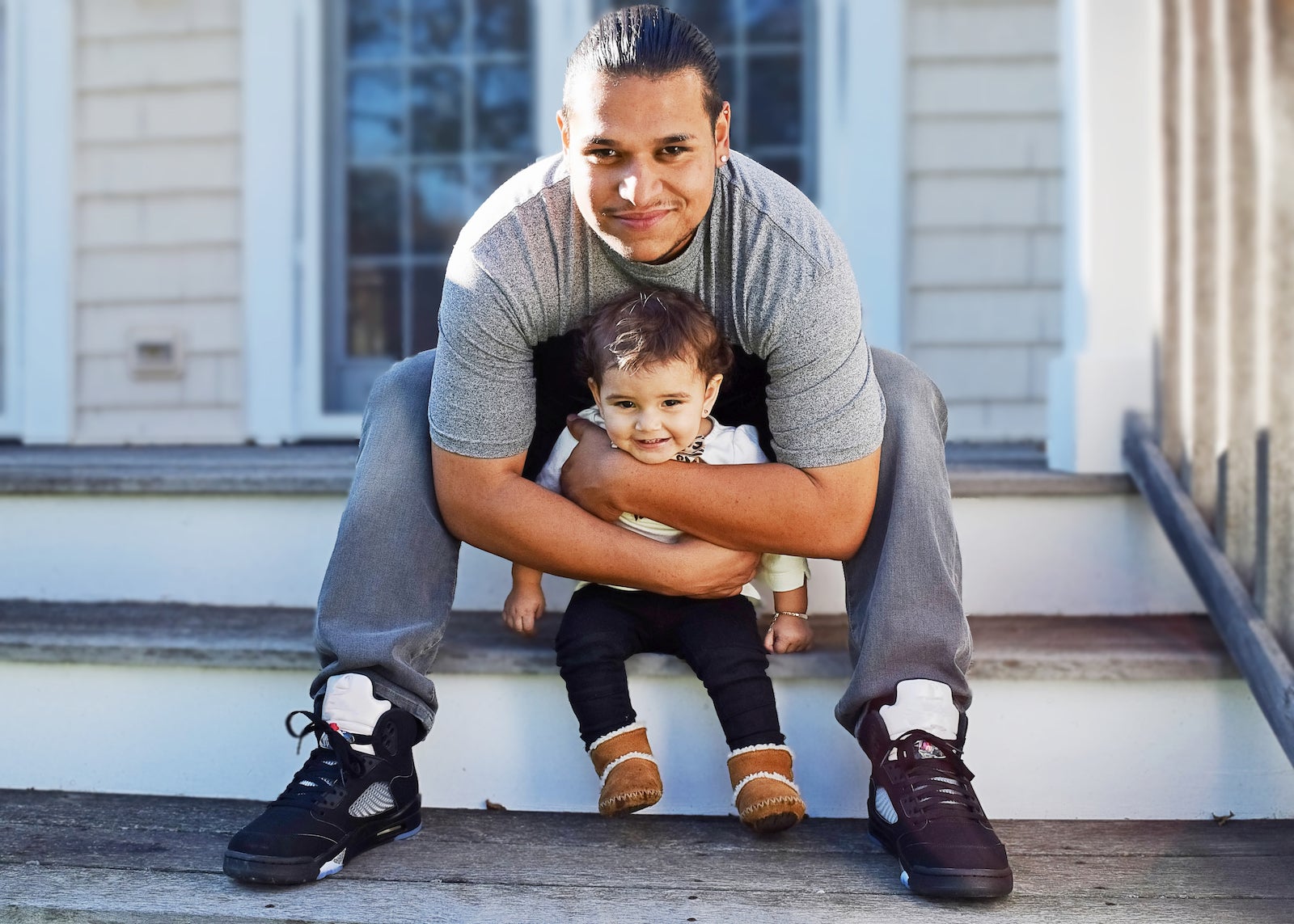
One in four Idahoans care for someone with a physical, intellectual or cognitive disability, or mental health condition. To improve the lives of both those giving and those who need care, the Idaho Caregiver Alliance, a coalition of individuals and organizations representing family caregivers throughout Idaho, has launched a two-year pilot program called the Family Caregiver Navigator project.
Funded by Medicaid through Idaho Home Choice, it will offer support and resource referrals to unpaid caregivers who range across the lifespan. Any caregiving adult in Southwest Idaho is qualified to participate at no cost.
Family Caregiver Navigator provides interventions that prevent caregiver burnout, supporting both the caregiver and the patient while reducing the need for hospitalizations of individuals with complex medical and behavioral health diagnoses. It includes an evidence-based assessment and free options-counseling service that focuses exclusively on the health and wellness of the caregiver.
“In my 10 years of working closely with family caregivers, a consistent message has been the need for person-centered information and support,” said Sarah Toevs, director of the Center for the Study of Aging at Boise State and co-founder of the Idaho Caregiver Alliance. “Being deluged with pamphlets and resources when discharged from a hospital, while valuable, doesn’t help. We need support as we work through the day-to-day challenges a caregiver experiences. This project was implemented to meet this critical need.”

The project was launched in September 2020 with guidance from members of an advisory committee representing the Idaho Commission on Aging, Idaho Parents Unlimited, Idaho Department of Health and Welfare, St. Luke’s Health System, Saint Alphonsus Health System and other organizations across the Treasure Valley. A team of trained navigators and the evidence-based TCARE platform will gather data via caregiver assessments to guide the development of a person-centered care plan. The navigators then will recommend available interventions for the caregiver through an informal referral process. By providing the caregiver with connections to maintain or improve their quality of life, the model facilitates continued support for the patient as well as the caregiver.
Throughout the month of November, the Idaho Caregiver Alliance will be offering support and resources on Facebook, Instagram and Twitter to recognize National Family Caregivers Month.